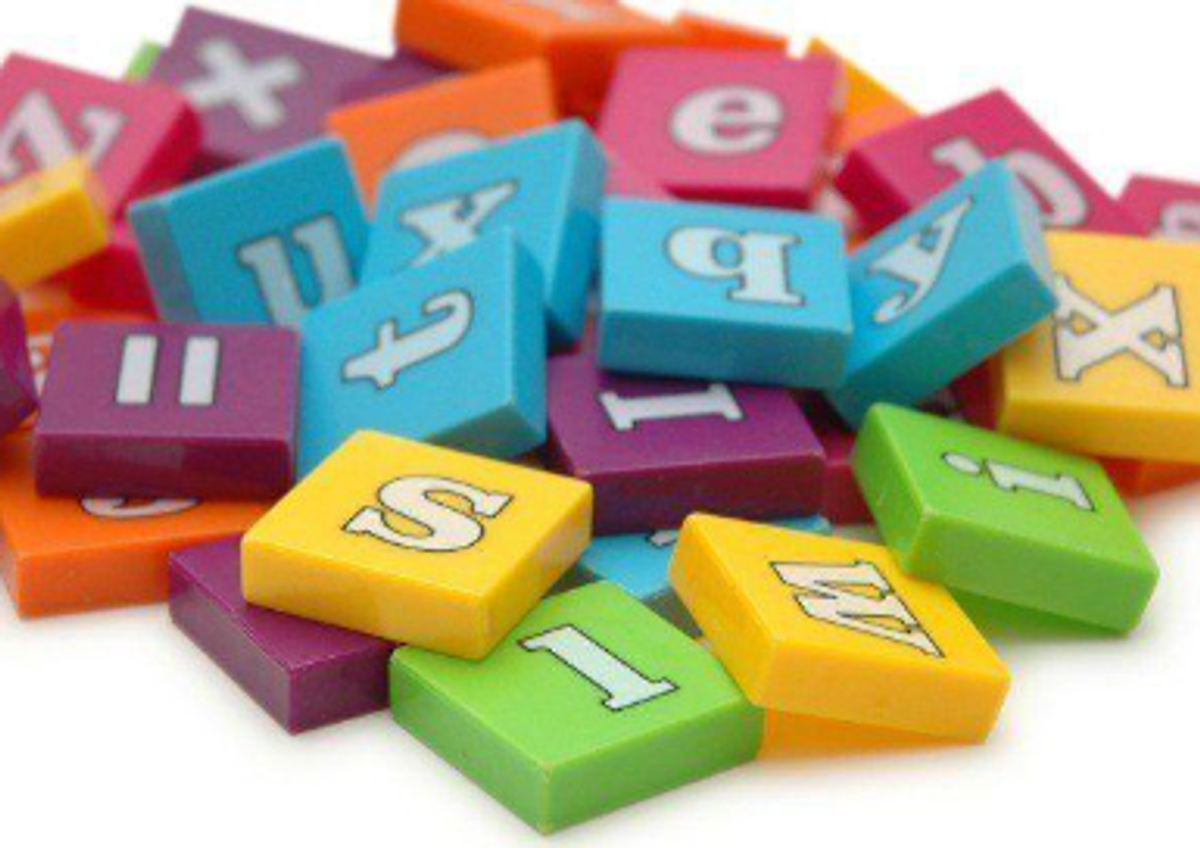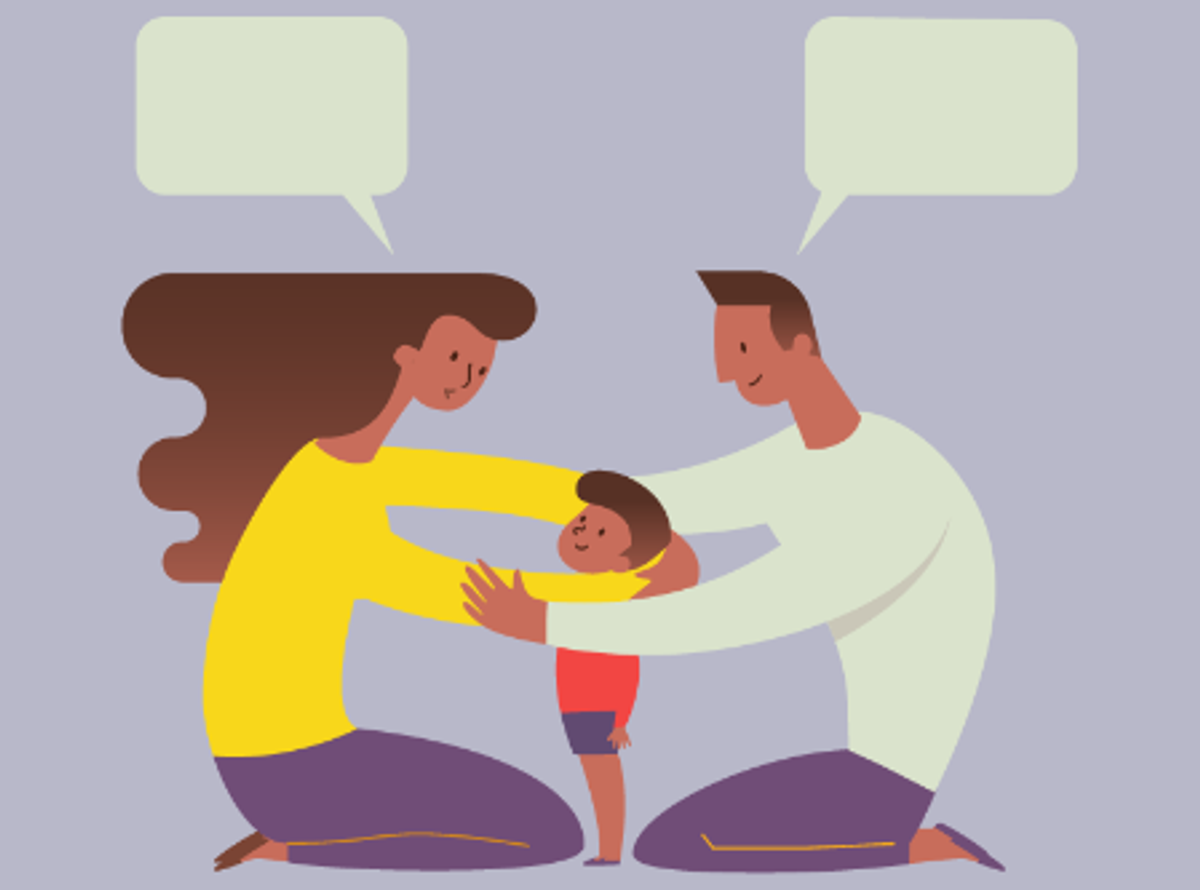Fun with Sounds!
The ability to hear, identify and say the separate parts of words is known as Phonological awareness. Phonemic awareness is the ability to identify, say and manipulate the smallest sounds in words (phonemes). Children with good phonemic awareness tend to learn to read more easily.
You can help your child to develop these skills at home by engaging them in simple phonological and phonemic awareness tasks.
Here are some simple ideas that you can do together to show that learning is fun!
- Read lots of books with rhyming words in them. Can your child identify the words that rhyme e.g. car and star? Are they able to then think of other words that also rhymes with them e.g. far, jar or tar?
- Read and sing nursery rhymes with your child at home or in the car. These are brilliant for teaching rhyme, rhythm, repetition and vocabulary.
- Practice clapping, tapping out or saying the syllables in words in a robot voice, e.g. rain/bow, walk/ing, cat/er/pil/lar.
- Talk about the separate sounds in words, for example in their name. Ben has 3 sounds - /B/ /e/ /n/. What sounds can you hear in cat? /c/ /a/ /t/. What sound does something begin with? What sound is at the end of something? Where can you hear the /ch/ in watch - at the beginning or the end?
- Play “I Spy’ with letter sounds - ‘I spy with my little eye something beginning with /f/. What do you think I’m looking at that starts with that sound?’
- Choose a letter and play variations of the game ‘I went to the shop and I bought…’ For example, I went to the shop and I bought a cup. I went to the shop and I bought a cup and a crocodile, etc. For a trickier version, the next player’s item must start with the last sound in the previous player’s item. For example, I went to the shop and I bought a cup. I went to the shop and I bought a cup and a pig.
- Play Simon Says, but sound out the instruction e.g. Simon Says put your hands on your /ch/ /i/ /n/!
- Orally manipulate sounds in words. For example, ask your child to say mat. Now ask them what word do you have if you change the /m/ to a /c/? Cat!
Happy playing!
Kylie Coker - Learning Specialist English




